
Russian leader was caught musing about immortality with Xi Jinping but his fascination with long life is nothing new
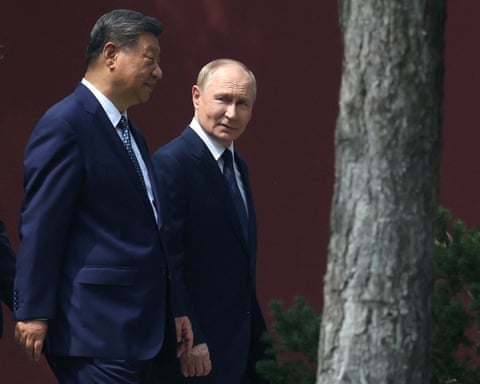
It was the stuff of Bond villains. Two ageing autocrats, their younger ally in tow, ambled down a red-carpeted ramp before a military parade in Beijing when a hot mic picked up a question that seemed to be on their minds: how long could they keep going – and, between the lines, might science allow them to rule for ever?
With advances in technology, Russia’s Vladimir Putin assured Xi Jinping via his translator that “human organs can be constantly transplanted, to the extent that people can get younger, perhaps even immortal”.

The Chinese leader replied: “By the end of this century, people may live to 150 years old.”
Nearby, North Korea’s Kim Jong-un – three decades younger than the two 72-year-olds – appeared to take note with a smile.
Beijing’s hot-mic moment has stirred gossip about the leaders’ shelf life, and inevitably, chatter about just how far they will push to keep the clock from running out.
For now, there is no sign that any of the three leaders intend to loosen their grip on power. Each looks set to rule for as long as their bodies hold out, and none has offered a clear succession plan.
Under constitutional changes he pushed through in 2020, Putin could remain in power until 2036, when he will be 83 – surpassing even Joseph Stalin’s tenure.
Xi, through purges of allies and rivals alike, has torn up the Communist party’s once-scripted tradition of grooming successors. In totalitarian North Korea, succession has traditionally been determined only by death.

The leaders’ drive for longevity is nothing new. Rulers have long searched for ways to stretch their lives and their rule.
The first emperor of China, Qin Shi Huang (259–210BC), sent expeditions to the mythical Mount Penglai in search of elixirs of eternal life – though the mercury brews he swallowed may actually have hastened his death.
Alexander the Great, legend has it, roamed the “Land of Darkness”, a mythical and perpetually dark forest, in his quest for the water of life.
Many centuries later, Italy’s Silvio Berlusconi approached the same problem with customary flamboyance – hair transplants, cosmetic surgery and blood treatments – in his attempt to appear invincible on the political stage.
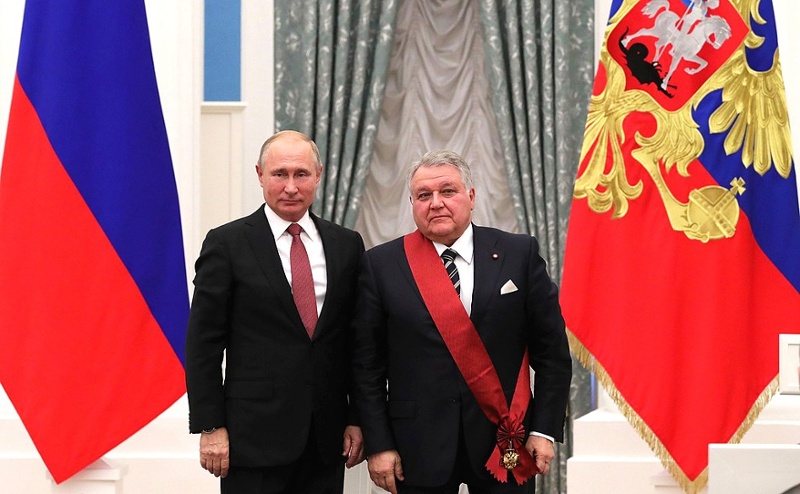
Around the same time, Nursultan Nazarbayev, Kazakhstan’s autocratic president, ordered an institute in Astana to study “rejuvenation of the organism”, the human genome and gene-based medicines.
“As for the medicine of the future, people of my age are really hoping all of this will happen as soon as possible,” Nazarbayev pleaded with local Kazakh scientists in 2010.
Berlusconi eventually died at 86, after a battle with a routine lung infection; Nazarbayev was pushed aside after unrest in Kazakhstan in 2022, his family swept from power; he is now 85.
Putin, who knew both men well, appears to be taking it further – pursuing the most ambitious and lavishly funded path toward longevity and the science of extending life.
The Russian leader has long been obsessed with health: he is said to rely on his team of doctors and turn to alternative medicine in his quest for vitality.
But those who study him say this is not just about staying healthy, it is about extending life itself.
“In his conversation with Xi, Putin spoke about a topic that genuinely interests him,” said Mikhail Rubin, a Russian journalist who recently co-authored a biography of the president.
“It’s important to understand that even at the time of this exchange, there was almost certainly a whole team of doctors somewhere nearby,” he added.
According to Rubin, there is little to indicate that Putin needs constant medical care; he appears healthy for his age, but still routinely travels with a large entourage of doctors from various specialisations.
“That suggests the Russian president is preoccupied with his health and longevity,” Rubin said.
“I believe Putin dreams of ruling for many more years, and places great hopes on the progress of modern medicine,” he added.
Putin has made little secret of his fascination with prolonging life, and on Wednesday showed no reluctance to repeat his private musings on longevity at a press conference.
“Modern means and methods of improving health, even various surgical [operations] involving organ replacement, allow humanity to hope that … life expectancy will increase significantly,” Putin told reporters in Beijing.
Mikhail Kovalchuk, a longtime family friend often described as Putin’s favourite scientist, is said to be spearheading Russia’s research into immortality.
According to the independent outlet Meduza, Kovalchuk has established several institutes with millions in state funding to invest in new technologies, including organ-printing with lab-grown cells to create replacement organs.
Putin’s eldest daughter, Maria Vorontsova, a trained endocrinologist, has also received large government grants to study extending human health and longevity, and is involved in a genetic research programme linked to Kovalchuk.
Russia’s ageing elite’s quest for eternal life has already seeped into the country’s pop culture.
It was the premise of a 2024 satirical novel by the Russian writer Ivan Filippov, Mouse, which tells the story of an infected rodent that escapes from a scientific institute where researchers are developing a drug to prolong Putin’s life
“To be honest, I wasn’t that surprised [about Putin’s hot mic comments],” Filippov told the Guardian.
“Because my story was born out of reality. And with Putin, it’s obvious: he is practically obsessed with the idea of living for ever, or at least longer than fate allows,” he said.
“In my book, this obsession ends badly for everyone,” Filippov added.
Hot mic catches Putin and Xi discussing organ transplants and immortality
Live footage of private conversation between Russian president and Chinese leader aired at Beijing military parade
The authoritarian strongmen Vladimir Putin and Xi Jinping have mused on how organ transplants might lead to immortality, during a brief exchange of small talk caught on a hot mic at a military parade.
The Russian president was in Beijing on Wednesday with the Chinese leader, who hosted allies for a ceremony to mark the 80th anniversary of the end of the second world war.
As Putin and Xi walked at the head of a delegation of foreign leaders, state media aired live footage that captured parts of what appeared to be a private conversation. While they made their way towards a raised platform in Tiananmen Square, Putin’s interpreter could be heard saying in Chinese: “Biotechnology is continuously developing.”
After a brief inaudible passage, the interpreter added: “Human organs can be continuously transplanted. The longer you live, the younger you become, and [you can] even achieve immortality.”
Xi, who was off camera, could be heard responding in Chinese: “Some predict that in this century humans may live to 150 years old.”
Putin confirmed later to reporters he had discussed prospects for significantly increasing human life expectancy with Xi.
Both leaders have shown little intention of relinquishing power in their lifetimes. In 2018, Xi abolished presidential term limits, paving the way for him to rule indefinitely. Putin has also changed Russian law to allow him to remain in high office.
Sections of Russia’s elite, including Putin, have long been fascinated with longevity and the science of extending life.
In 2024, Putin instructed lawmakers to establish a research centre called New Health Preservation Technologies, dedicated to combating ageing. The project focuses on developing “technologies that prevent cellular aging, neurotechnologies, and other innovations aimed at ensuring longevity”.
According to an earlier investigation by the independent Russian outlet Meduza, Mikhail Kovalchuk, a longtime family confidant of Vladimir Putin, is leading Russia’s research into immortality, a subject that he and other influential figures close to the Kremlin are reportedly “obsessed” with. Meduza reported that Kovalchuk has invested in organ-printing technology that uses lab-grown cells to produce replacement organs.
Putin’s eldest daughter, the endocrinologist Maria Vorontsova, has received multimillion-dollar Russian government grants to study cell renewal and ways to extend human health and longevity and is involved in a genetic research programme linked to Kovalchuk. When sanctions were passed on her by the US in 2022, the State Department said she was leading Kremlin-funded genetics programmes worth billions.
Putin and Xi walked alongside the North Korean dictator, Kim Jong-un, during their conversation, who was smiling and looking in the direction of Putin and Xi. It was not clear if their chat was being translated for him.
Later footage showed the three leaders walking up the steps towards the viewing platform for the parade.
The moment was carried on the livestream provided by the state broadcaster CCTV to other media, including the international newswires AP and Reuters.
China’s largest-ever military parade included 50,000 spectators and a big display of military hardware, from tanks and drones to nuclear-capable missiles, fighter jets and stealth aircraft.
The performance was seen as a show of defiance to the west. Other attenders included the president of Belarus, Aleksander Lukashenko, the Iranian president, Masoud Pezeshkian, and Myanmar’s junta chief, Min Aung Hlaing.
In his formal address, Xi told the crowd that the Chinese people stood firmly “on the right side of history”. He said China was a great nation that was “never intimidated by any bullies” – in an apparent veiled reference to the US and its allies – and added that China was “unstoppable”.
Military reveals and bold messaging: five key takeaways from China’s big parade
A highly choreographed display and formidable guest list were designed to send a message to the US and its allies about China’s strength
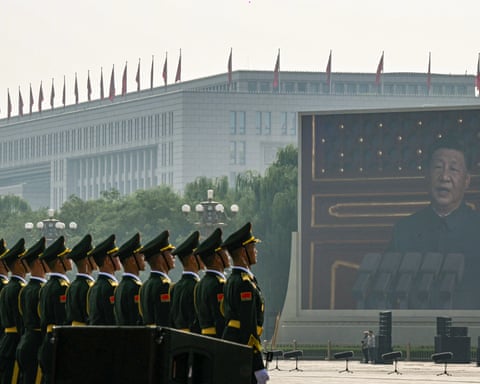
Xi Jinping has presided over China’s largest-ever military parade, orchestrated to mark the 80th anniversary of the end of the second world war, which China calls the War of Resistance Against Japanese Aggression.
The event caps off a big week of diplomacy for China’s leader, coming just days after the Chinese city of Tianjin hosted a major summit for leaders of the global south.
Who was there
Dozens of world leaders – mostly from non-western nations – attended the event, but it was the grand entrance of Xi Jinping accompanied by Russia’s Vladimir Putin and North Korean Kim Jong-un that grabbed the most attention. The image of the three authoritarian strongmen chatting and shaking hands as they walked the red carpet sent a message of defiance to the west, according to analysts.
Other attendees included Belarus president Aleksandr Lukashenko, Iranian president Masoud Pezashkian, Indonesian president Prabowo Subianto and Myanmar junta chief Min Aung Hlaing.
Who wasn’t there
Leaders from the US, western Europe, Japan, India and South Korea were not in attendance.
Among Chinese officials, there were not many significant absences immediately apparent. Missing Chinese Communist party (CCP) officials is one of the ways that China watchers figure out who might have fallen out of favour with Xi.
Former Chinese leader Hu Jintao and former premier Zhu Rongji were not seen. Both are elderly, and Hu has been seen only once since he was unceremoniously bundled out of the 20th party congress in 2022.
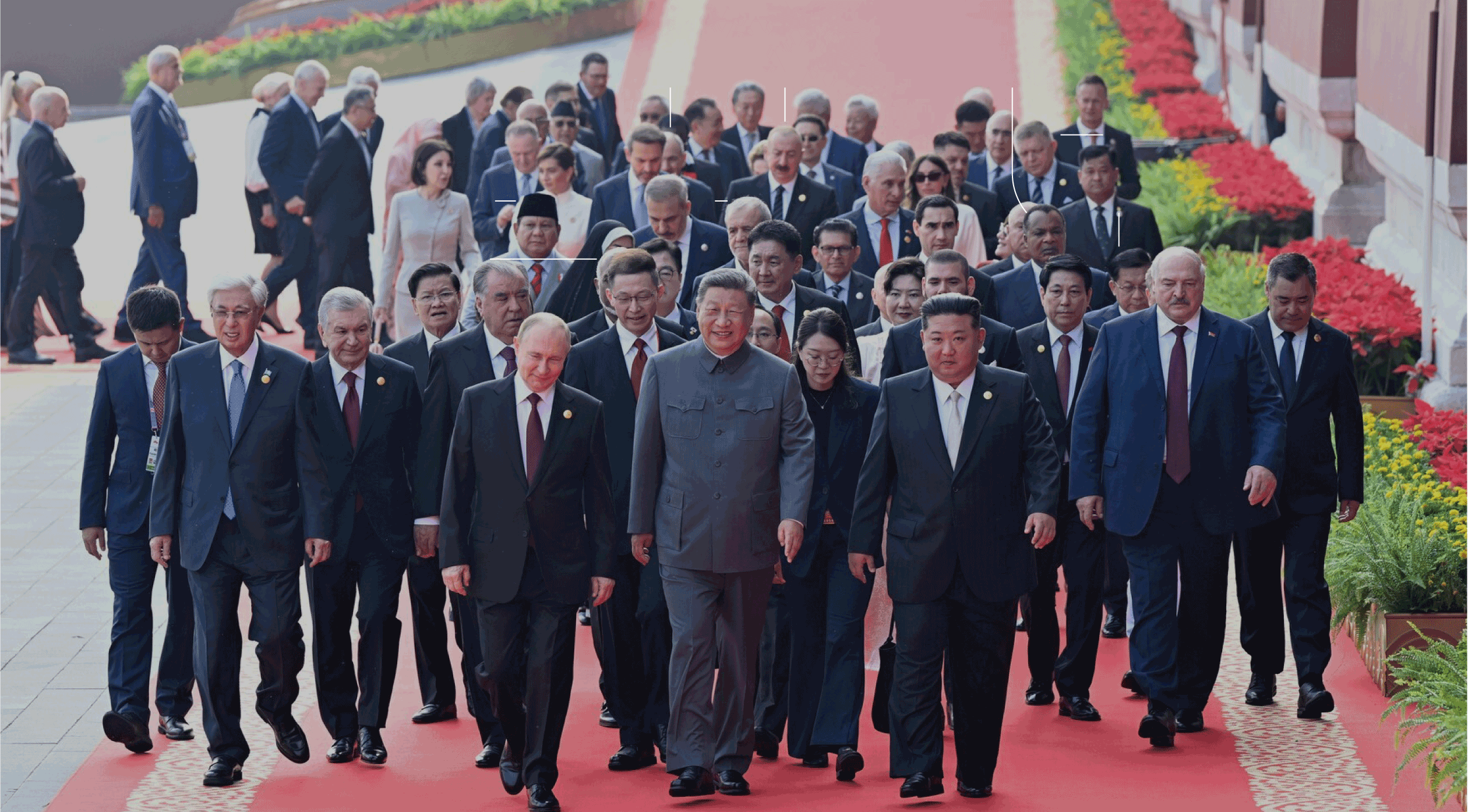
Messages sent and received
The highly choreographed display and the formidable guest list were designed to send a message to the US and its allies about the strength of China today.
In his opening address Xi said the world was facing “a choice between peace and war”, warning that China was a great nation that “is never intimidated by any bullies”, a likely veiled reference to the US and its allies. He said the past showed that Chinese people always rallied together “to defy the enemy” when faced with adversity.
The images of Xi, Putin and Kim showed that “China is unafraid to stand by its friends and be their literal fellow traveller, even and perhaps especially when they are pariahs in the court of international public opinion,” said Wen-ti Sung, a non-resident fellow at the Atlantic Council’s Global China Hub.
The parade drew an almost immediate reaction from US president Donald Trump.
“Please give my warmest regards to Vladimir Putin, and Kim Jong-un, as you conspire against The United States of America,” Trump posted on his Truth Social account.
Military reveals
The 70-minute parade displayed a huge amount of military hardware. From tanks and drones to long-range and nuclear-capable missiles, fighter jets and stealth aircraft, the parade also revealed advances in People’s Liberation Army (PLA) weapons and assets.
The display was intended to “give the US, Europe and China’s neighbours pause should they consider challenging China’s core national interests”, said Drew Thompson, a senior fellow at the S Rajaratnam school of international studies.
There were reported sightings of the J15-DT – China’s new, carrier-based electronic warfare jet. Raymond Kuo, director at Rand corporation, described it as a flying support system and decoy for fighter jets, keeping track of moving targets for the fighters, and drawing counterattacks away from them.
Kuo also noted a new submarine-launched intercontinental ballistic missile, demonstrating progress in China’s efforts to build a “triad” of nuclear missile systems that complement each other and offset each other’s weaknesses by launching from the land, air and sea.
A key takeaway for Ying-Yu Lin, an associate professor at the institute of international affairs and strategic studies at Tamkang University in Taiwan, was a growing emphasis on counter-drone systems and airborne early warning aircraft.
“I think these changes come from lessons drawn from the Russia-Ukraine war, where we saw drones being widely used.”
Jennifer Parker, adjunct fellow in naval studies at UNSW Canberra, said it was important to “break apart” real capability from what she called China’s information warfare campaign.
“Associated with parades or exercises or demonstrations is always a huge degree of deception,” she said. “But I don’t think we should underestimate China’s capabilities – they are a very capable military, and I think we should be quite concerned.”
Taiwan
Xi’s speech contained several references to the “rejuvenation of the Chinese nation” – a common phrase for Xi’s overarching plan for China’s future which hinges on annexing Taiwan as Chinese territory.
Xi and the CCP claim Taiwan is a Chinese province, currently run by illegal separatists, and he has vowed to annex it under what he terms “reunification”. Taiwan’s government and people are opposed to this.
In Taiwan, President Lai Ching-te dismissed the parade, saying: “The people of Taiwan cherish peace, and Taiwan does not commemorate peace with the barrel of a gun.”
















:max_bytes(150000):strip_icc():focal(749x0:751x2):format(webp)/donald-trump-jimmy-carter-tout-100224-c6ec10ab9813473a8c708bf8844ae287.jpg?w=1200&resize=1200,0&ssl=1)
:max_bytes(150000):strip_icc():focal(749x0:751x2):format(webp)/nick-carter-and-melissa-schuman-081324-b9416d36e8a44ba98d751198aab7121a.jpg?w=1200&resize=1200,0&ssl=1)



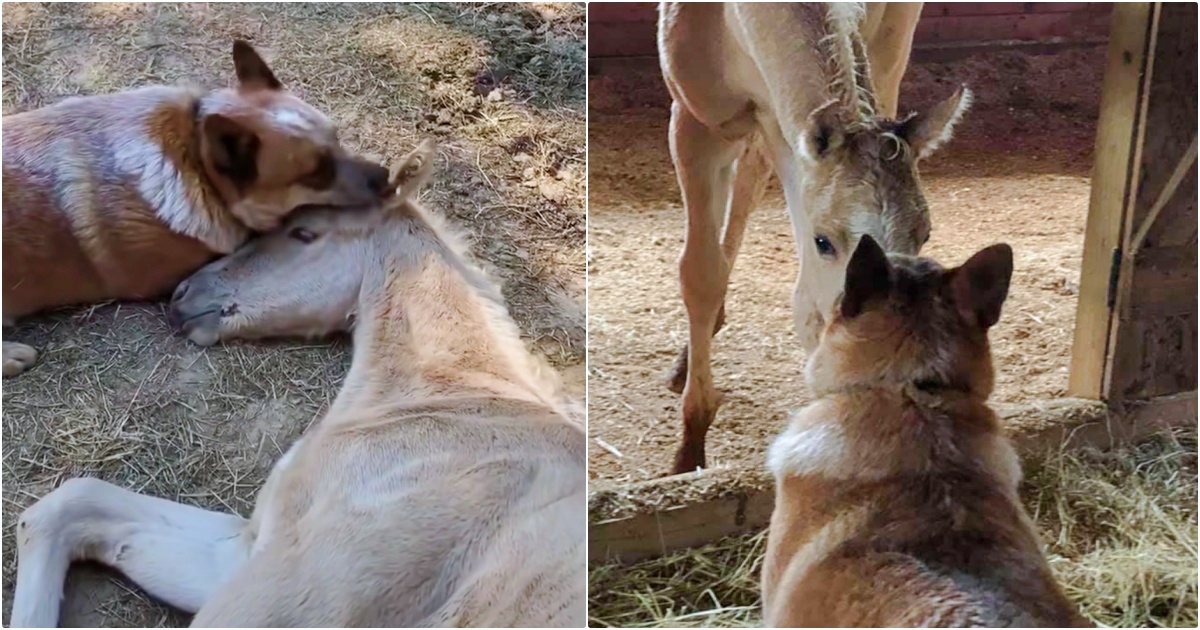
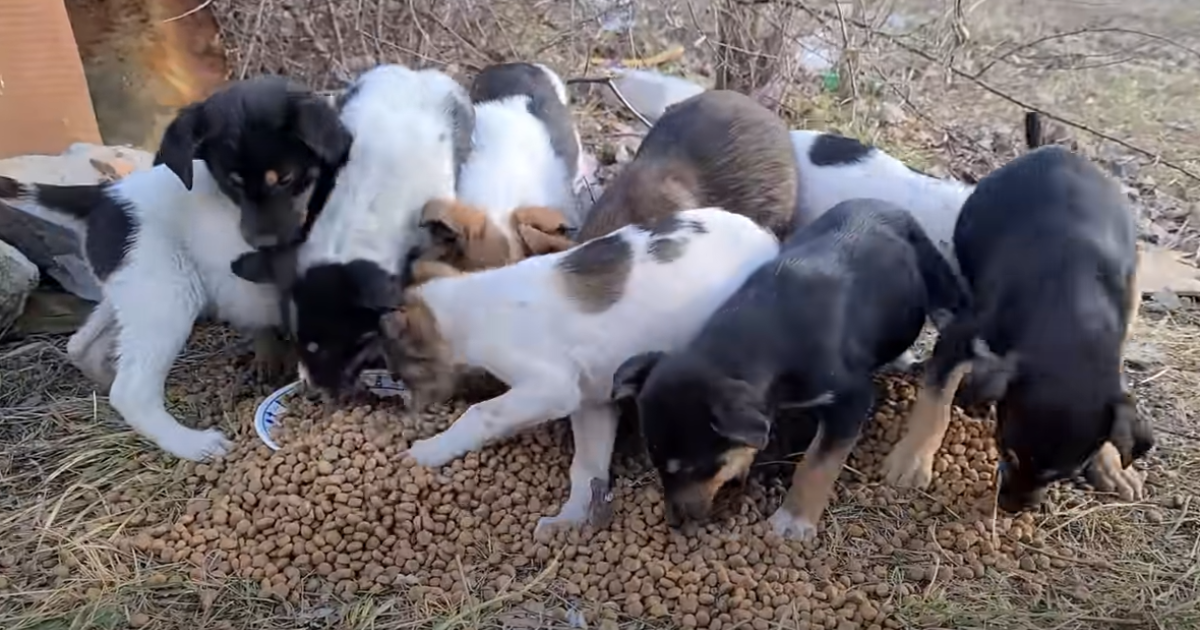









:max_bytes(150000):strip_icc():focal(999x0:1001x2)/catherine-ohara-013026-7-4b5b413a646d4f15a1fd15ac8b933811.jpg?w=1200&resize=1200,0&ssl=1)








